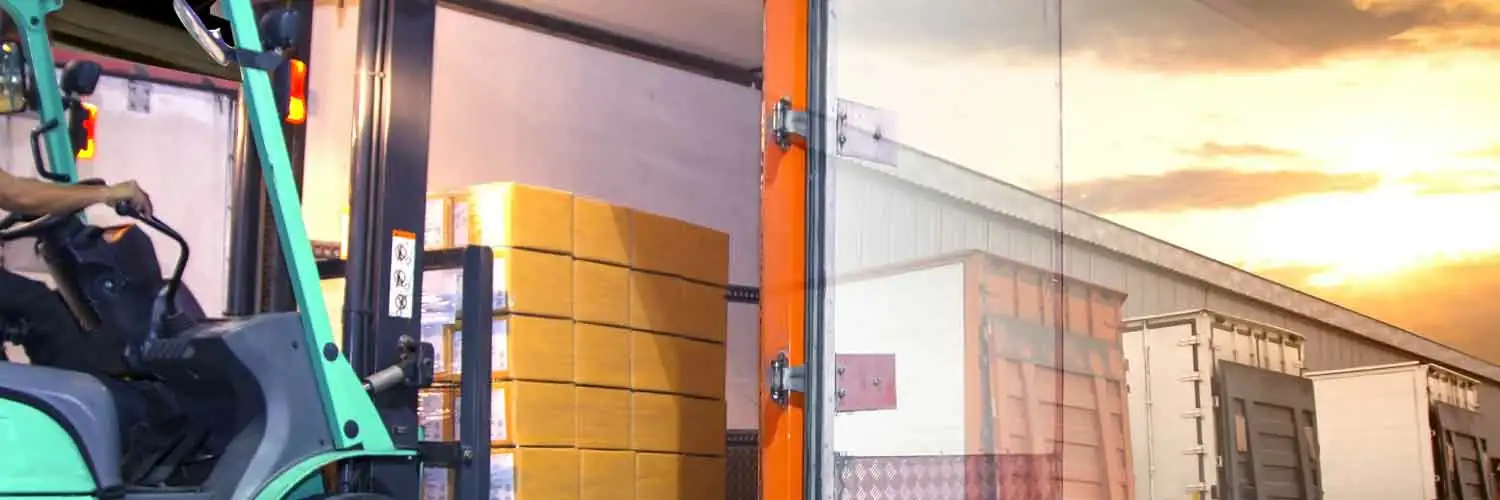The supply chain was put under great pressure at the start of the pandemic, according to a report from the IHRB. What are the prospects for those affected workers now?
While the national debate might now have moved on to a somewhat unexpected consequence of the UK’s slow response to the coronavirus pandemic – the exam grade chaos affecting school children across the country, and especially those from the poorest backgrounds – the effects of the pandemic continue to be felt as a matter of life and death.
Latest figures from the UK Government show that, as of 5pm on 15 August, of those tested positive for coronavirus in the UK, 41,366 have died across all settings within 28 days of that test. These rising numbers offer a sombre reminder that the danger to life has still not passed.
Supply chains under pressure
While supply chains have largely now recovered from the shock of the panic-buying at the start of the pandemic, the situation remains far from rosy.
Last month Which? reported on the warning from 30 food and drink bodies that COVID-19 has laid bare “inherent weaknesses” in the resilience of the UK food supply chain.
Food and drink is particularly vulnerable: the UK is far from self-sufficient and we import around 47% of the food we eat.
For example, in June, a study published in Nature Food stated that the UK has been left “dangerously dependent” on just two EU countries for its fresh vegetable imports (the Netherlands and Spain).
Food and drink is not the only sector affected. The latest report from McKinsey highlighted the need to rethink industrial supply chains in the wake of the pandemic.
The report highlighted the need for stress-testing and digitalisation, stating: “some organizations are already attempting to improve resiliency, particularly with regard to dual sourcing and holding more inventory.”
The invisible front-line workers
In March, the Institute for Human Rights and Business (IHRB) reported on the concerning picture for the transport and logistics workers who are such a critical part of the global response.
It highlighted several areas of concern:
- seafaring logistics workers are being denied permission by governments to disembark as ports closed to curb the spread of COVID-19, effectively trapping them onboard with no relief crew to take on the next stage of the journey
- dock workers are often low-paid, debt-bonded migrant workers living in cramped conditions with little protection from coronavirus, no access to healthcare and visas that become invalid if they lose their jobs
- European road hauliers , who were already at risk from exploitation before than pandemic struck, are now grappling with a lack of protective equipment, the closure of food and toilet stops, long waits at borders and delivery facilities, and the temporary lifting of working hour restrictions – putting these hauliers at even greater risk
- the demand for non-essential freight collapsed for several months, throwing existing distribution networks into disarray and threatening haulier jobs
- last mile delivery services are in greater demand as a result of the boom in online shopping, but these delivery drivers’ job security and safety net in case of falling ill, for the most part, remains deeply precarious
The IHRB General Secretary, Stephen Cotton, called on all employers to respect the duty of care they have for their transport and logistics workers and protect workers throughout their supply chains, in particular guaranteeing sick leave and supporting flexible working conditions.
Where are we now?
Although many ports have begun reopening, the unpredictable nature of the spread of the virus and the unwillingness of many governments to pursue a “zero COVID” approach – or the lack of success in pursuing such an approach of others – means that the picture remains very fluid.
This uncertainty brings its own challenges. For example, the latest quarantine rules affecting travel into the UK have the potential to affect UK supply chains still further. Of course, it is welcome that, here in the UK, hauliers are exempt from quarantine rules.
Current UK Government advice states: “You’ll need to complete the Public Health passenger locator form before you travel to the UK. You will not need to self-isolate. You’ll need to show that your travel is part of your job, for example a letter from your employer, a consignment note or your operator’s licence.”
However, while drivers of goods vehicles and other employees of community licence holders for the international carriage of goods are exempted from the new quarantine rules, the border queues and delays as a result of changes to travel corridor advice with little or no notice still have the potential to impact routes.
With many experts predicting that the spread of the virus is likely to increase over the winter months as people gather inside, and the prospect of a viable vaccine being still months away, the current uncertainty is set to continue at least for the foreseeable future.
